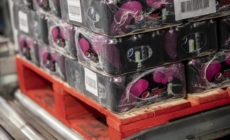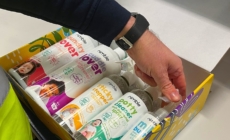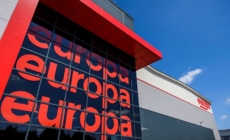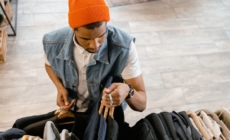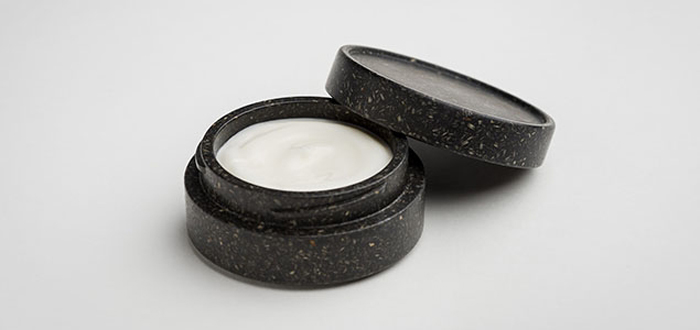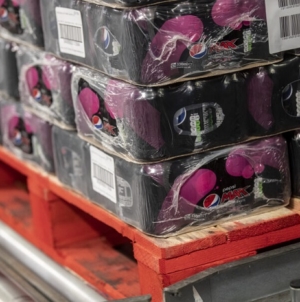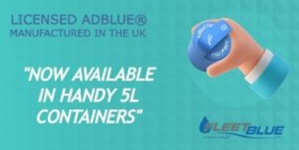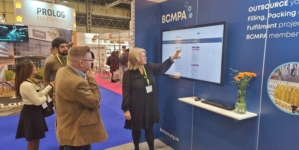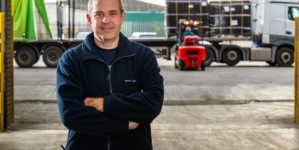-
Delivery management platform, Scurri topped over €12 billion in Gross Merchandise Value (GMV) in the total value of shipments processed in 2023 - 2 days ago
-
Britvic reaffirms partnership with LPR - 2 days ago
-
Kammac Supports Nimble’s Expansion into 500 Tesco Stores - April 5, 2024
-
Axiom Sustainability Software launches groundbreaking Social Value Calculator - April 4, 2024
-
Change to minimum wage and its impact on logistics - April 3, 2024
-
PARKSAFE GROUP TEAMS UP WITH QUECLINK WIRELESS SOLUTIONS IN FLEET TECHNOLOGY PARTNERSHIP - March 27, 2024
-
Facing shocking levels of violence at work – yet not paid enough to live on: 57% of UK retail staff say their wages barely cover basic expenses, despite many working more hours than ever - March 26, 2024
-
Bridgestone proving the worth of its Duravis Van tyre through academic study - March 25, 2024
-
Fleetmaxx Solutions announces Vanaways partnership - March 25, 2024
-
Lightweight Loading Platform Proves Its Heavyweight Credentials for AG Transport - March 20, 2024
Cross-Industry Collaboration, Bio-Based Materials Fuel Sustainable Packaging.
Packaging remains a considerable challenge for businesses looking to reduce their impacts, but innovators such as food-service supplier Eco-Products and Finnish startup Sulpac are helping to accelerate the transition to lower-impact models through cross-industry partnerships and sustainable packaging solutions.
Eco-Products has partnered with the National Aquarium to replace standard disposable foodware plastic products with reusable, compostable or more sustainable options. The move ultimately simplifies the disposal process for guests, allowing them to put all plates, utensils and trays into the same bin for compostables, along with any leftover food.
“It’s hard to get guests to scrape the cheese off a plastic plate — and then toss the cheese into one bin to be composted and the plate into another,” said Sarah Martinez, Director of Marketing at Eco-Products. “This makes it as easy as possible to divert materials from landfills. Guests can throw their plate, cup and any leftover food into the same bin.”
Composted cups, plates, containers and lids from the Aquarium will be turned into nutrient-rich soil and mulch for area farms, gardens and the Aquarium’s own Waterfront Park. The foodware will be combined with other organic waste at Recycled Green Industries, a commercial composting facility in Woodbine, Md. A portion of the resulting soil will return to the Inner Harbor to be used in planters on campus.
“This change is at the heart of our conservation mission, eliminating sources of pollution both for ecosystem and human health and inspiring our guests to do the same, even after their visit,” said Kris Hoellen, Chief Conservation Officer at the National Aquarium. “Utilizing innovative Eco-Products items promotes an essential life-cycle approach to materials, whereby what once went in a landfill is now helping our trees and plants grow.”
The partnership culminates a multiyear effort to reduce the use of conventional disposable plastics across the Aquarium’s operations. Working with on-site partners Sodexo, the Classic Catering People, Pepsi and others, the Aquarium has already eliminated all disposable water bottles, ended the use of plastic bags in the gift shops, as well as all single-use plastics at catering events.
“There’s no better opportunity to reach people than when they’re relaxing for a meal at a place as inspiring as the National Aquarium,” added Martinez. “They’re looking at a cup or plate and realizing that it doesn’t have to go to a landfill. That’s a wonderful feeling to be part of the solution.”
Meanwhile, Sulpac has snagged a Green Alley Award for European startups focused on the circular economy for its 100 percent biodegradable cosmetic packaging solution.
Developed by Subi Haimi and Laura Kyllönen, the packaging is made entirely from wood and natural binders and is water, oxygen and oil resistant — making it a perfect fit for the cosmetics sector. Haimi and Kyllönen were inspired to create the packaging after looking at the vast quantities of plastic lining their bathroom shelves. “We were shocked when we realized how much plastic we own and wanted to use our ten years of experience with biomaterials to make a difference,” said Haimi. “Sulpac fills the missing gap and offers an ecological and beautiful packaging.”
Sulpac is already garnering considerable attention from key industry players. Finnish cosmetics label Niki Newd has adopted Sulpac’s packaging and the startup has recently entered into partnerships with Lumene and Berner.
“Just one year old, the startup demonstrates how an idea can be successfully implemented and accelerated in a very short time,” said Jan Patrick Schulz, CEO of Landbell Group and jury member for the Green Alley Award. “We see great potential in this packaging solution and look forward to seeing Sulpac on the shelves of local drugstores.”
The Green Alley Award was initiated by the Landbell Group in 2014 to honor ideas related to waste and resource management. The fourth Green Alley Award received a total of more than 200 applications from 40 countries. As this year’s winner, Sulpac received a prize of cash and non-cash prizes valued at €30,000. Sulpac hopes winning the Award will boost its exposure in the cosmetics market, as well as help it expand into other sectors.
www.sustainablebrands.com



